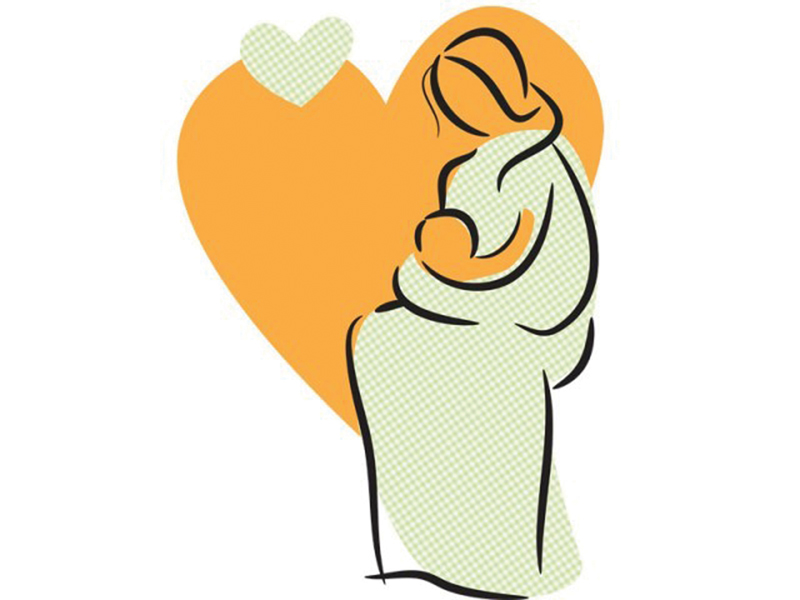
Every year, World Breastfeeding Week is observed globally between August 1 and August 7 and emerged in Pakistan for the first time in 1990 after the Innocenti Declaration made by WHO and Unicef. It provides a window of opportunity to protect, promote and support breastfeeding to strengthen children’s lives. Although it is a dominant practice in Pakistani culture, only 37.7% mothers in Pakistan exclusively breastfeed their children, says Scaling Up Nutrition Civil Society Alliance in Pakistan (SUNCSAPak). This statistic has remained largely dormant over the last seven years and has increased by just 0.6% over seven years. The rate is comparatively lower compared to the rest of South Asia.
However, when it comes to bottle-feeding Pakistan is way out in front as the percentage rose from 32.1 in 2006-07 to 41% in 2012-13, according to the Pakistan Demographic and Health Survey (PDHS).
The government promulgated the Protection of Breast Feeding and Child Nutrition Ordinance, 2002 (XCIII Of 2002) on 26th October 2002. After the 18th Constitutional Amendment, all four provincial governments replicated the legislation. However, few efforts had been made to enforce the law on a national or provincial basis.
Optimal breastfeeding means a child should be immediately breastfed within the first hour after delivery and exclusively breastfed, with no water, fruit, formula milk or other foods, for the first six months. Then, breastfeeding should continue from six months to two years or beyond and complemented with other safe and nutritionally adequate foods as recommended by the UN agency for children, UNICEF, and the World Health Organization.
Locals slam campaign
In Hangu, locals vehemently opposed the breastfeeding campaign of a non-government organisation as it did not invite local elders or political representatives of the district to participate. They said ulema, political representatives, journalists and common people of the area were not part of the awareness session.
Published in The Express Tribune, August 3rd, 2016.





























1713853507-0/MalalaHilary-(2)1713853507-0-270x192.webp)








COMMENTS
Comments are moderated and generally will be posted if they are on-topic and not abusive.
For more information, please see our Comments FAQ